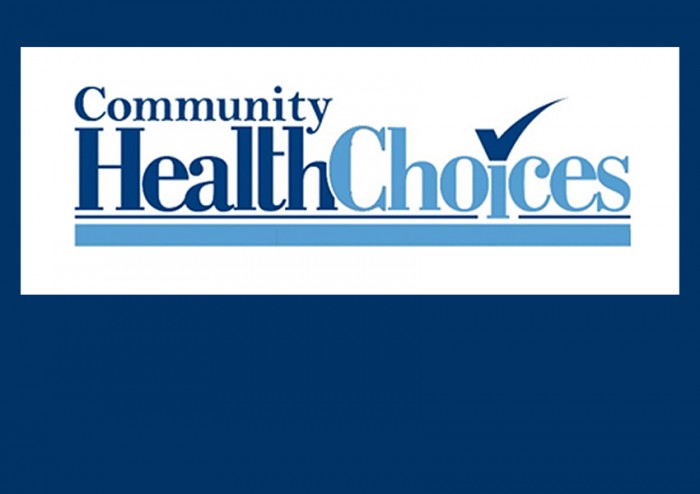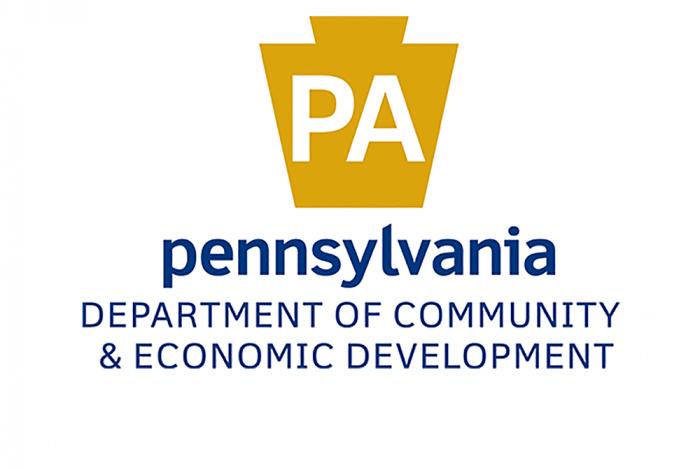FOR IMMEDIATE RELEASE
June 11, 2020
Harrisburg, PA – Today, Department of Human Services (DHS) Secretary Teresa Miller urged Pennsylvanians to remain vigilant in our shared responsibility to keep all children safe and prevent child abuse. DHS administers ChildLine, which is a 24/7 hotline available to anyone concerned for the safety or well-being of a child. To report a concern, call 1-800-932-0313.
“While Pennsylvania begins to reopen and some of our lives get back to something close to normal, I want to remind my fellow residents that there are many people – particularly among vulnerable populations – who will continue to feel the effects of this public-health crisis for many months and years to come. And some are still in the shadows,” Secretary Miller said. “We all have a role to play to keep children safe. If you suspect a child is being abused or neglected, please call ChildLine to make a report.”
In the weeks immediately following the implementation of aggressive social-distancing measures to slow the spread of the coronavirus, DHS saw a roughly 50 percent decline in average daily calls to ChildLine compared to the same time period in 2019. This decrease in calls is most likely an unfortunate side effect of school closures and limited interactions between children, their teachers and other mandated reporters in school settings. Of the 39,040 reports made by mandated reporters to ChildLine in 2018, for example, more than a third were reported by school employees.
To address the reduction in calls, DHS has prioritized outreach to stakeholders and external communication efforts to encourage members of the public to be on the lookout for signs of abuse or neglect among children in their community and to call ChildLine if they suspect a child is in danger. Between May 1 and May 28 of this year, ChildLine received 14,181 calls from concerned citizens — down from 23,536 calls during the same time period in 2019, or a roughly 40 percent reduction.
“Calls to ChildLine normally drop during the summer months when schools are closed, but this should only reinforce our efforts to be vigilant about our responsibility to protect all children,” Secretary Miller said. “Each and every one of us can play a role in protecting children from abuse or neglect. Making the call to ChildLine allows trained child welfare professionals and, if necessary, law enforcement to follow up, collect information, and determine if assistive services or other intervention is necessary.”
Anyone can make a report to ChildLine. Anyone who is not a mandated reporter can make a report to ChildLine anonymously. DHS is encouraging all Pennsylvanians to learn more about the signs of potential abuse or neglect and make a report to ChildLine if they begin to suspect abuse or neglect.
Signs of potential abuse or neglect can include:
- Numerous and/or unexplained injuries or bruises;
- Chronic, pronounced anxiety and expressed feelings of inadequacy;
- Flinching or an avoidance to being touched;
- Poor impulse control;
- Demonstrating abusive behavior or talk;
- Cruelty to animals or others; and,
- Fear of parent or caregiver, among others.
DHS also encourages parents and families who are struggling to cope during this time of crisis to reach out for help. Anyone struggling with mental health and in need of referrals to helpful programs can call Pennsylvania’s new Support & Referral Helpline, which is operated 24/7 by skilled caseworkers who can provide emotional support during this difficult period. The number to call is 1-855-284-2494. For TTY, dial 724-631-5600. Another helpful resource is the 2-1-1 hotline operated by the United Way, which can connect people and families to local resources that can help during the public health crisis.
MEDIA CONTACT: Erin James, ra-pwdhspressoffice@pa.gov
# # #














